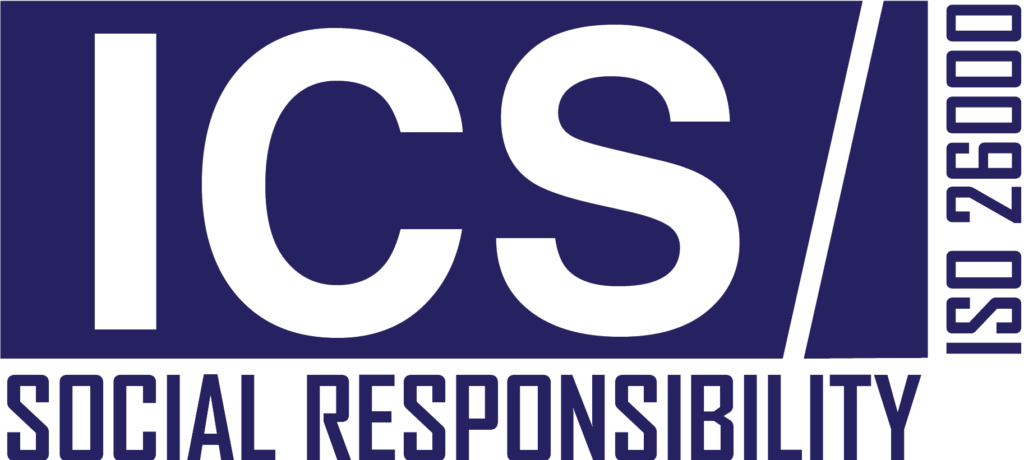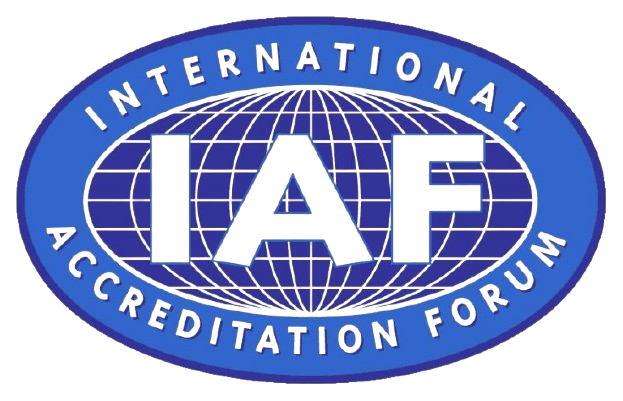

In today’s global marketplace, organizations are increasingly recognized not only for their financial performance but also for their social and environmental contributions. ISO 26000 assessment is a pivotal step for businesses aiming to demonstrate their commitment to social responsibility. This article delves into the principles of ISO 26000, its significance, and the journey towards achieving this esteemed assessment.
“Given below is the more detail about the ISO 26000 standard and you might be interested learning more about it. Rest of the part you can avail the assessment from ICS to get your organizational dream come true by contact us and clicking below button.”
Firstly, ISO 26000 Certification serves as a guideline for organizations to operate in a socially responsible manner. It provides a comprehensive framework that helps businesses integrate ethical practices into their operational strategies. Unlike other ISO standards, ISO 26000 is not intended for assessment. Instead, it offers voluntary guidance to help organizations contribute to sustainable development.
The ISO 22716 standard includes several critical components that guide cosmetic manufacturers in establishing and maintaining GMP. These components encompass documentation, personnel, premises, equipment, raw materials and packaging materials, production, laboratory quality control, and subcontracting. Each component plays a vital role in ensuring the quality and safety of cosmetic products.
At its core, ISO 26000 revolves around seven key principles: accountability, transparency, ethical behavior, respect for stakeholder interests, respect for the rule of law, respect for international norms of behavior, and respect for human rights. These principles form the foundation upon which organizations can build their social responsibility initiatives. Moreover, adopting these principles enhances an organization’s credibility and fosters trust among stakeholders.
ISO 26000 identifies seven core subjects of social responsibility, each addressing different aspects of ethical business practices. These subjects include organizational governance, human rights, labor practices, the environment, fair operating practices, consumer issues, and community involvement and development. By addressing these areas, businesses can comprehensively evaluate and improve their impact on society and the environment.
Despite ISO 26000 Certification not being a certifiable standard, pursuing ISO 26000 ASSESSMENT underscores an organization’s dedication to social responsibility. Achieving this assessment signals to stakeholders that the organization adheres to globally recognized guidelines for ethical behavior and sustainable development. Furthermore, it can lead to increased customer loyalty, enhanced reputation, and better risk management.
To effectively implement ISO 26000, organizations should follow a structured approach. Initially, they must conduct a thorough assessment to identify areas where improvements are needed. This assessment should involve engaging with stakeholders to understand their expectations and concerns. Additionally, organizations should establish clear objectives and develop a strategic plan to address the identified areas of improvement.
Subsequently, the implementation phase involves integrating social responsibility principles into the organization’s policies, procedures, and practices. This may include revising existing policies or developing new ones to align with ISO 26000 guidelines. Training and awareness programs are essential to ensure that employees understand and embrace the organization’s commitment to social responsibility.
One of the key aspects of ISO 26000 is the emphasis on continuous improvement. Organizations should regularly review and assess their social responsibility initiatives to ensure they remain relevant and effective. This process involves monitoring progress, evaluating outcomes, and making necessary adjustments to strategies and practices. Additionally, transparent reporting of social responsibility efforts is crucial to maintain stakeholder trust and demonstrate accountability.
Enhanced Reputation: Showcases commitment to ethical behavior and social responsibility.
Attracts Socially Conscious Stakeholders: Appeals to customers and investors who prioritize sustainability.
Improved Employee Morale and Engagement: Employees feel proud to be associated with a socially responsible organization.
Risk Management: Organizations are better equipped to manage risks related to social and environmental issues.
Proactive Risk Management: Addressing concerns helps avoid legal liabilities and reputational damage.
Promotes Stakeholder Engagement: Fosters positive relationships with customers, suppliers, employees, and the community.
ISO 26000 Certification provides a comprehensive framework for organizations to operate in a socially responsible manner. Although it is not a certifiable standard, pursuing ISO 26000 Assessment signifies an organization’s commitment to ethical behavior and sustainable development. By adhering to the principles and guidelines of ISO 26000, businesses can enhance their reputation, improve stakeholder relationships, and contribute to a better society. The journey towards achieving ISO 26000 Assessment involves a structured approach, continuous improvement, and transparent reporting, ultimately leading to a positive and lasting impact on both the organization and the community.

For Quick Contact Leave Your Message We will Contact You Shortly Or Call Us At Given Numbers or Email Addresses. We Love to Deliver Our Efficient Services.
Copyright All Rights Reserved © 2025